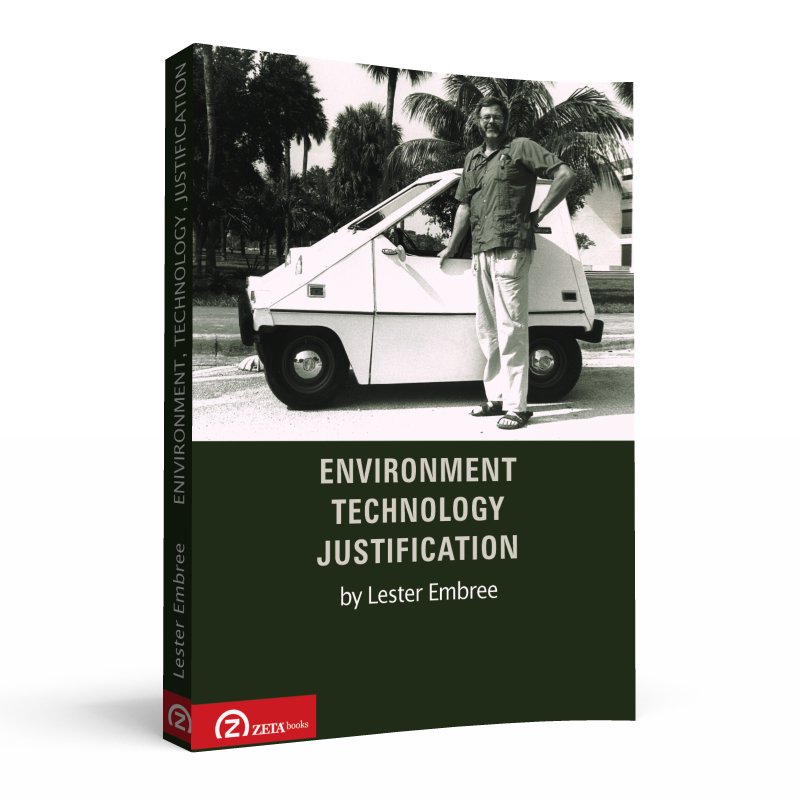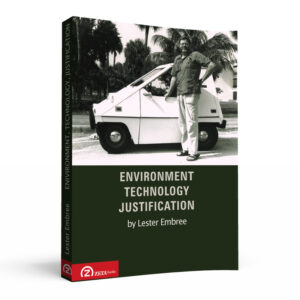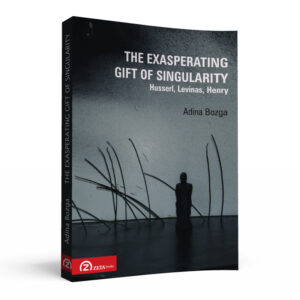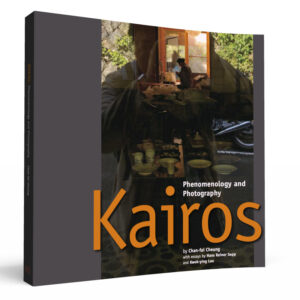This book contains eleven essays: (1) “Action for Ecosystemic Health,” (2) “The Constitution of the Vegetable,” (3) “Problems of the Value of Nature,” (4) “The Nonworldly Grounding of Environmentalism,” (5) “The Constitution of Basic Culture,” (6) “The Rationality of Scientific Technology,” (7) “Indirect Action and Technology Reflectively Analyzed,” (8) “The Where and When of Appearances,” (9) “Intrinsic and Extrinsic Existence,” (10) “When does the End not Justify the Means?” and (11) “Tolerance Reflectively Analyzed.” Some of these essays include scholarship, but all of them wholly or chiefly contain phenomenological investigations or what I prefer to call—because it is more descriptive—reflective analyses. Thus they continue my earlier text, Reflective Analysis (Bucharest: Zeta Books, 2006). Although I hope that these essays are also read by colleagues who are without immediate pedagogical purposes, I want strongly to suggest that if they are studied the night before (they average less than 15 pages in length) and then discussed in small study groups or in college seminars, understanding of and skill at reflective analysis will be increased. The leader of such a discussion can regularly ask: Are things themselves observably as they are described? If not, how might they be better described? And if well described as far as they go, how can the descriptions be continued and improved on?
There is an extensive appreciation of culture and hence opposition to naturalism in this text. The attempt is made to clarify the overlapping concepts of environment and technology, which are unfortunately often considered separately by philosophers today. Since these are moral issues, it has seemed appropriate to include at the end two analyses of more general bearing. And since phenomenological exposition is an art of examples, there are references to such things as automobiles, bank robbers, birds, broken legs, gardens, nutcrackers, parks, roads, snakes, taxi drivers, trees, trucks, and vegetarians. Egological phenomenology is practiced for the most part, but the place of intersubjectivity is regularly indicated and noetico-noematic analysis is relied on practically everywhere. Thus encounterings and things-as-encountered are analyzed into experiencings and positings and experiencings are analyzed into the perceivings, rememberings, and expectings of things in the now, the past, and the future with their manners of givenness and appearance. Then positings are analyzed into positive, negative, and neutral believing, valuings, and willing or actions (in broad significations) with the firm and shaky and also intrinsic and extrinsic positional characteristics in their correlates distinguished and described. The emphasis is on the prepredicative constitution of what it is urged be called “basic culture,” the difference between I-engaged operations and secondarily passive habits and traditions is recognized, and, despite that these are basically surface analyses, something is nevertheless said about identifying and differentiating intentional syntheses. Finally, the need to carry analysis on beyond epistemology and axiology to praxiology is emphasized in descriptions of how believing, valuing, and willing or action can be directly or indirectly justified by evidencing. Technology is essentially a form of indirect action and environmentalism culminates in justified political action regarding pollution, overpopulation, preservation, and conservation.
ISBN: 978-973-1997-14-8






